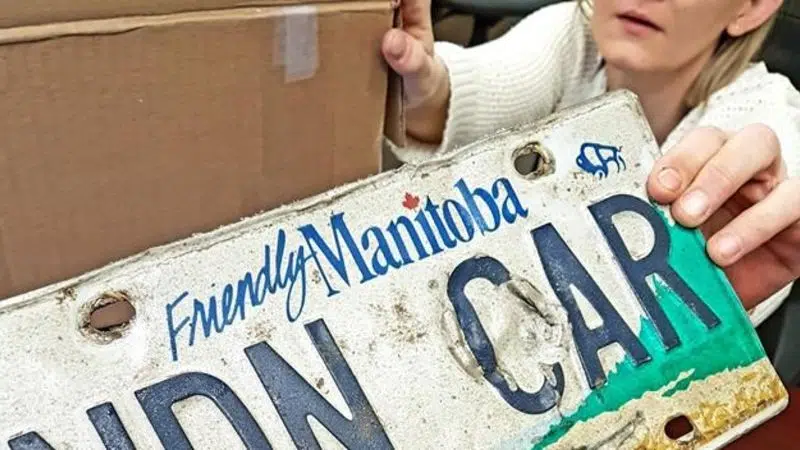
One win and one loss in Manitoba personalized licence plate fights
WINNIPEG — An Indigenous man in Manitoba has had his NDN CAR personalized licence plate returned, but in a separate legal battle an avid “Star Trek” fan learned resistance is futile in his court fight to get his Borg-themed plate back.
Nick Troller had filed a legal challenge against Manitoba Public Insurance over its decision to revoke the ASIMIL8 plate after receiving a complaint that it was offensive to Indigenous people.
A judge ruled this week that it was reasonable for the insurer to take back Troller’s plate, because the word is connected to the Indigenous experience and government policies of forced assimilation.
In isolation it may not be offensive, but the word “has taken on a new meaning within this country,” wrote Queen’s Bench Justice Sheldon Lanchberry.
